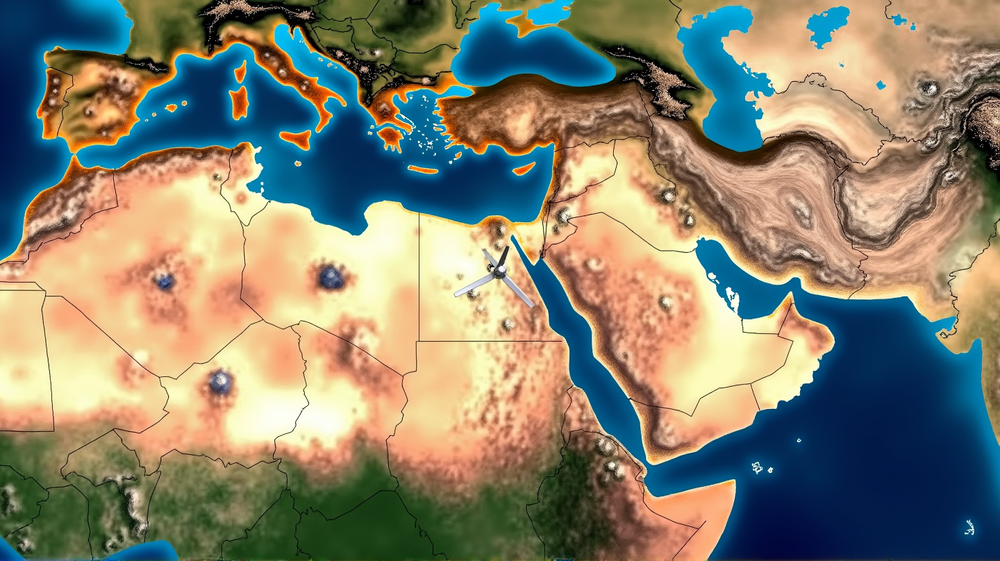France’s decisive move to formally recognize a Palestinian state has sent ripples through the geopolitical and economic landscapes of the Middle East. Not just a gesture of political solidarity, this decision by the first G7 nation to endorse Palestinian sovereignty could catalyze both diplomatic shifts and investment strategies across the globe.
A Strategic Pivot Towards Peace
French President Macron’s focus on demilitarization and peace-building, including the arduous task of Gaza’s reconstruction, is more than a noble endeavor—it’s a strategic pivot that could redefine alliances. As stated in AInvest, over 140 countries already support Palestine, which may pressure key nations like Saudi Arabia to reconsider their foreign policies—a move that could alter OPEC dynamics profoundly.
The Energy Market Conundrum
Being a paramount oil-producing region, any fluctuation in Middle Eastern geopolitics has a direct impact on global energy markets. France’s recognition could potentially drive stability, leading to increased investments in renewable energy within the region. However, any backlash or economic sanctions could cause oil prices to soar, affecting major players like ExxonMobil and Shell.
Betting on Infrastructure: The New El Dorado?
Macron’s vision of a $100 billion reconstruction plan for Gaza opens the floodgates for companies in sectors like modular housing and grid modernization. This ‘new gold rush’ could be an economic game-changer, attracting giants like Bechtel and Skanska. Yet, risks loom large; geopolitical tensions could stall initiatives and strain finances, necessitating diversification into stable investments like ESG funds or Gulf sovereign bonds.
Emerging Market Dynamics
In the broader spectrum, a stabilized Palestinian state might emerge as a robust growth market, especially for tech startups and agribusiness, inviting venture capital. However, instability could reverse gains, sparking capital withdrawal and economic stress in already vulnerable neighboring nations like Lebanon and Jordan. It calls for strategic portfolio diversification, leaning into nations acting as economic conduits like Egypt.
Navigating the Volatile Landscape
France’s recognition of Palestine is a geopolitical game-changer with far-reaching investment implications. Investors are advised to maintain a balanced portfolio, staying agile and prepared for volatility. Although the vision for peace holds promise, the path ahead is fraught with challenges, demanding precision in navigating this precarious landscape.
Conclusion: A Call to Strategic Diversity
In essence, while France’s bold move towards peace offers a chance for transformation, investors must tread carefully. A diversified portfolio spanning energy, infrastructure, and ESG funds, along with a liquidity buffer for quick maneuvers, could be pivotal in addressing short-term uncertainties and long-term gains in this shifting Middle Eastern terrain.












